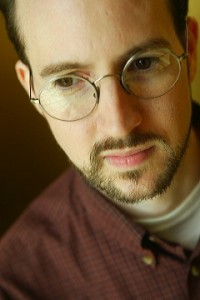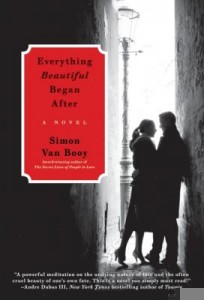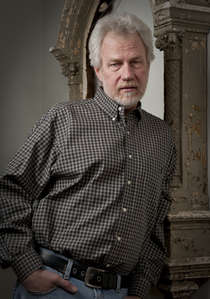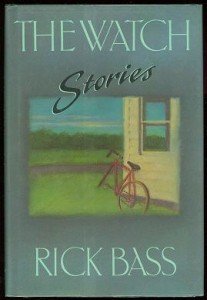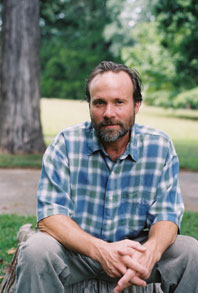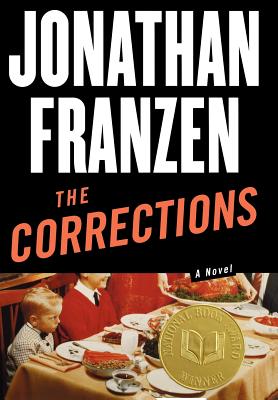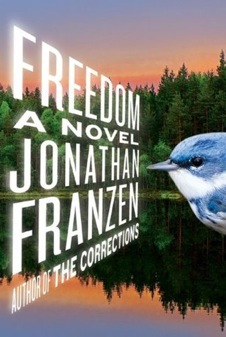Write from Your Own Chair: An interview with Bret Lott on teaching
by Steven Wingate
In the midst of a stellar authorial career and after a quarter century of teaching creative writing, Bret Lott takes a moment to talk about sending students in the right direction, maintaining a sincere workshop practice, and keeping your writing (and reading) life alive as you teach.


